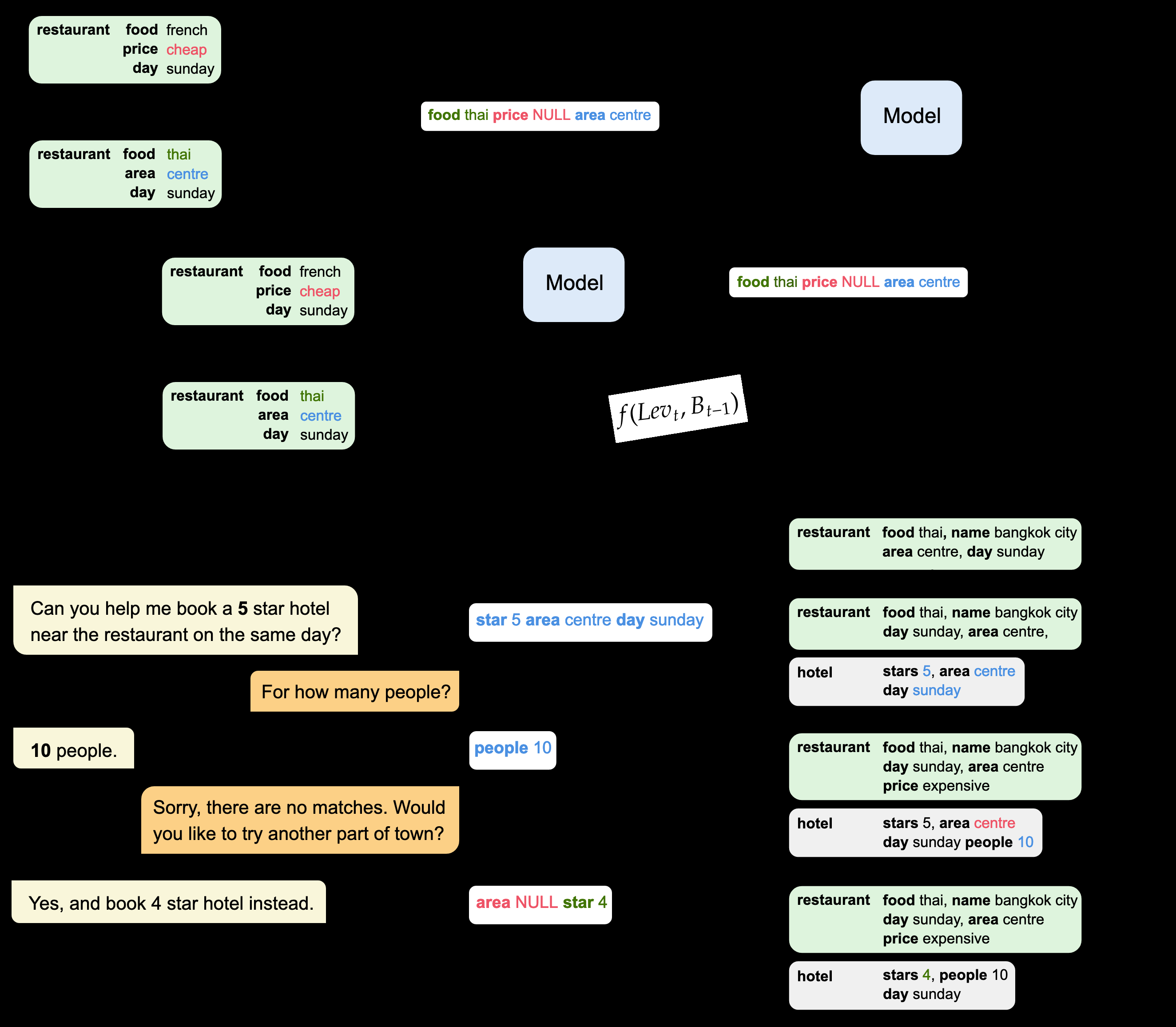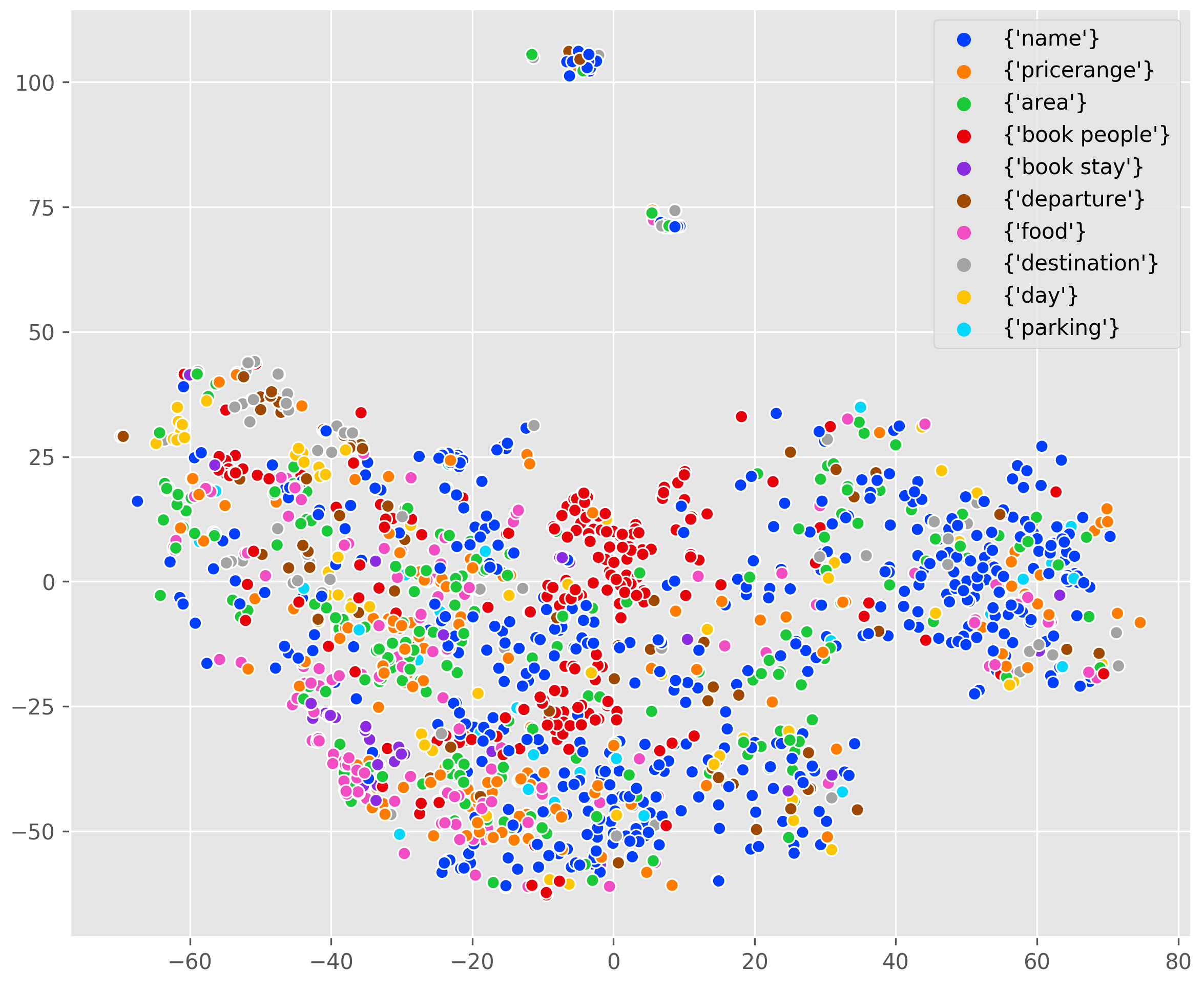Learning a Simple and Effective Model for Multi-turn Response Generation with Auxiliary Tasks
Yufan Zhao, Can Xu, Wei Wu
Dialog and Interactive Systems Long Paper

You can open the pre-recorded video in a separate window.
Abstract:
We study multi-turn response generation for open-domain dialogues. The existing state-of-the-art addresses the problem with deep neural architectures. While these models improved response quality, their complexity also hinders the application of the models in real systems. In this work, we pursue a model that has a simple structure yet can effectively leverage conversation contexts for response generation. To this end, we propose four auxiliary tasks including word order recovery, utterance order recovery, masked word recovery, and masked utterance recovery, and optimize the objectives of these tasks together with maximizing the likelihood of generation. By this means, the auxiliary tasks that relate to context understanding can guide the learning of the generation model to achieve a better local optimum. Empirical studies with three benchmarks indicate that our model can significantly outperform state-of-the-art generation models in terms of response quality on both automatic evaluation and human judgment, and at the same time enjoys a much faster decoding process.
NOTE: Video may display a random order of authors.
Correct author list is at the top of this page.
Connected Papers in EMNLP2020
Similar Papers
MinTL: Minimalist Transfer Learning for Task-Oriented Dialogue Systems
Zhaojiang Lin, Andrea Madotto, Genta Indra Winata, Pascale Fung,

Cross Copy Network for Dialogue Generation
Changzhen Ji, Xin Zhou, Yating Zhang, Xiaozhong Liu, Changlong Sun, Conghui Zhu, Tiejun Zhao,

TOD-BERT: Pre-trained Natural Language Understanding for Task-Oriented Dialogue
Chien-Sheng Wu, Steven C.H. Hoi, Richard Socher, Caiming Xiong,

Multi-turn Response Selection using Dialogue Dependency Relations
Qi Jia, Yizhu Liu, Siyu Ren, Kenny Zhu, Haifeng Tang,
